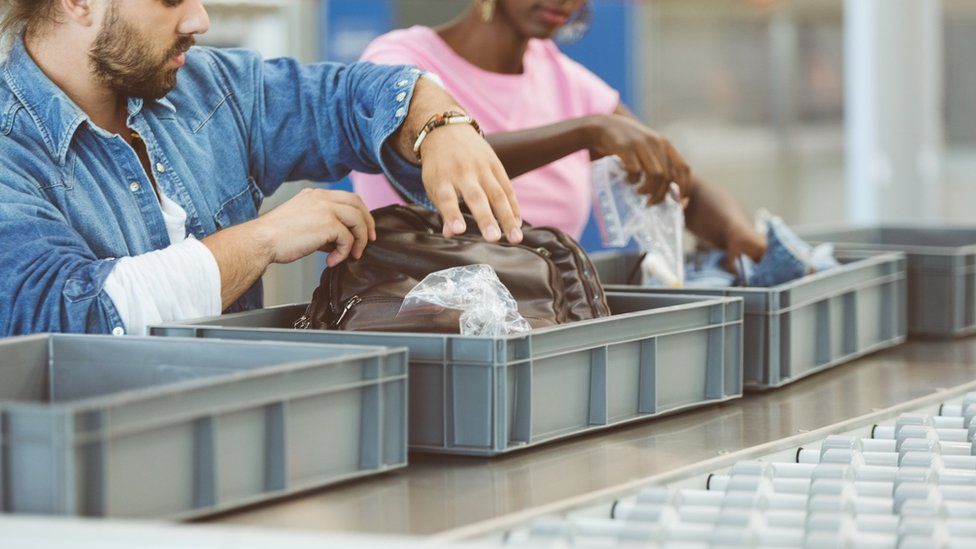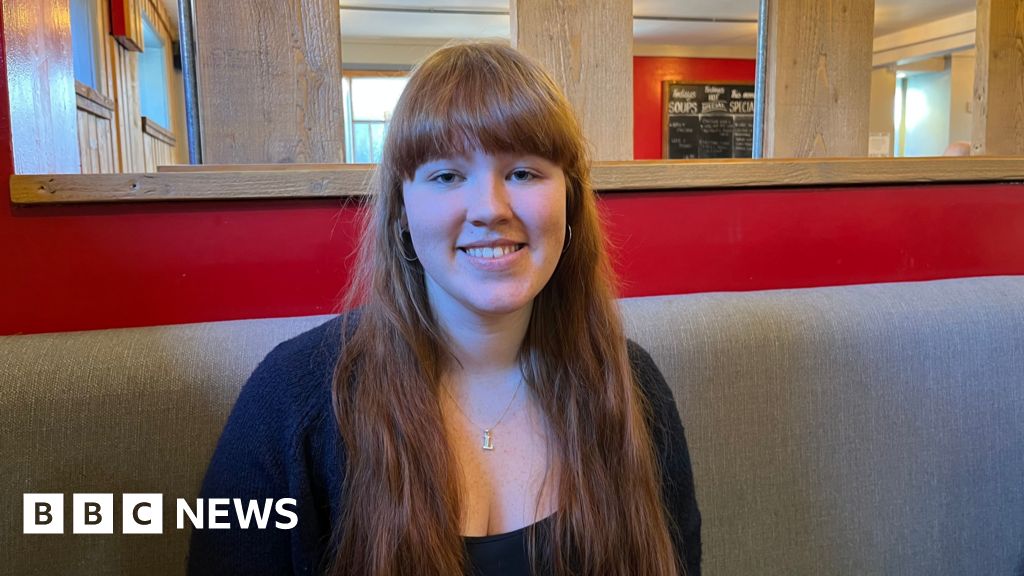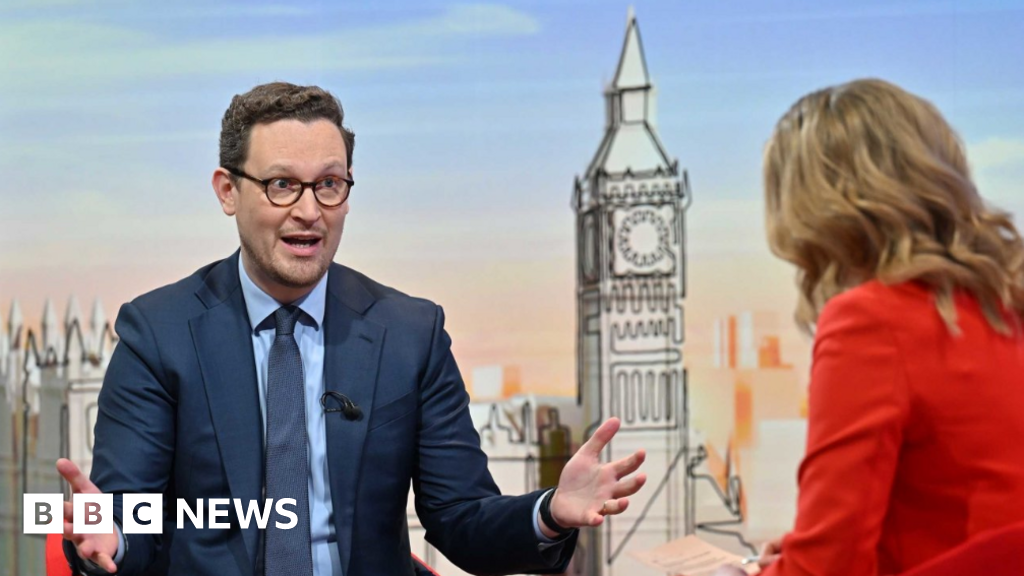ARTICLE AD BOX
 Image source, Getty Images
Image source, Getty Images
A UK airport has scrapped the 100ml liquid limit by using high-tech scanners which also allow electronics to be kept in hand luggage at security.
London City Airport has brought in the technology which takes high-resolution 3D images of bags.
Travellers can now carry on up to two litres of liquid, and toiletries no longer have to be put in separate bags.
The government has set a June 2024 deadline for most UK airports to install the machines.
Passengers at other airports, except Teesside which introduced new C3 scanners in March, currently have to remove items such as tablets, laptops and liquids from hand luggage for security checks.
The current rules were introduced in November 2006, at the end of a ban on liquids in the cabin, when British police said they had foiled a plot to blow up as many as 10 planes using explosives hidden in drinks.
London City Airport started trialling the new technology more than a year ago and went live with four of the new X-ray machines, similar to CT scanners used in hospitals, on Tuesday.
Chief operating officer Alison Fitzgerald said screening staff had been retrained to use the technology, which presents 3D imagery, and the public can be assured it is safe.
Alison Fitzgerald says the new system will speed up movement through the airport
"The level of processing now through the X-ray is even more secure than it was previously and the machine has the ability to differentiate to between a non-dangerous and a dangerous liquid."
The machine would still reject images it was not happy with, she said, but it would allow staff to focus on potential threats while allowing items such as water, shampoo and perfume to go through.
It would also speed up the "door to gate" process with estimates of a 30% increase in passenger numbers, Ms Fitzgerald added.
"The whole process is quicker on the basis that previously you needed to empty your bag and put that in multiple trays whereas now it's one bag in one tray and you don't need to take everything out," she said.
Image source, Ben Leather
Image caption,The current rules on liquids were introduced in November 2006
Which? consumer expert Harry Kind said while it was the "beginning of the end" of a system introduced 17 years ago, people should not assume it was a rule change across the board.
"It's really important passengers actually check what the rules are for the airports they're flying from and flying to," he said.
But crucially it should reduce waiting times. Many travellers reported delays of up to an hour at security, and in a recent Which? survey 7% said they had missed a flight because of queues, Mr Kind added.
"This change will make a massive difference and reduce the number of people missing flights and losing out on their holidays just because they've got a too big bottle of shampoo."
London City Airport was already the fastest of all the UK airports for security times, with an average of 12 minutes, he added.
The largest of the UK's airports are rolling out the next generation technology on a gradual basis.
Heathrow trialled 3D scanners in 2017 and said with more security lanes than any other airport installing the new machines was "always going to be complex and take longer".
Gatwick is currently trialling 19 lanes with next generation technology across its two terminals but a spokesperson said passengers should continue to follow all existing rules.
Other airports told the BBC they had no specific date for completion but would be in line with the government deadline of June 2024.
Related Internet Links
The BBC is not responsible for the content of external sites.

 1 year ago
59
1 year ago
59








 English (US) ·
English (US) ·